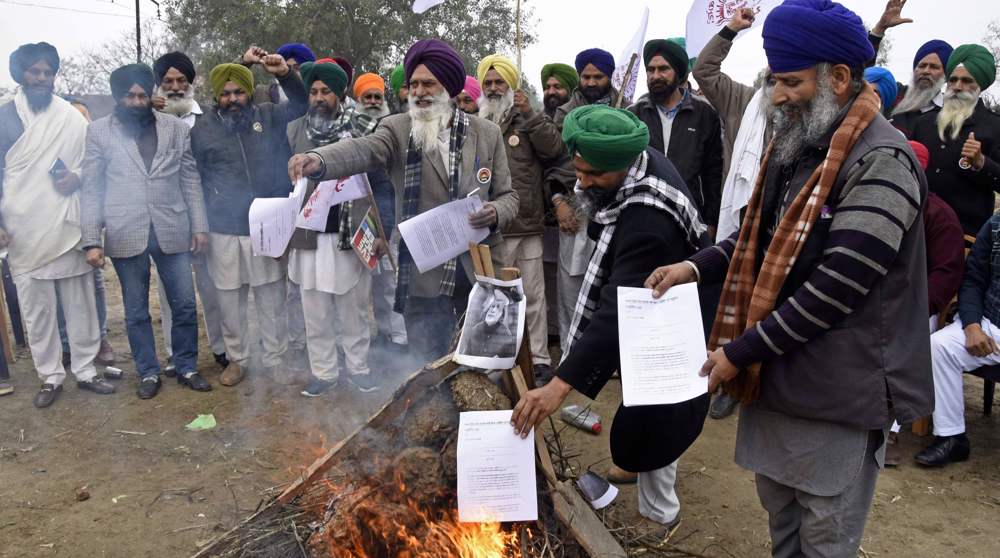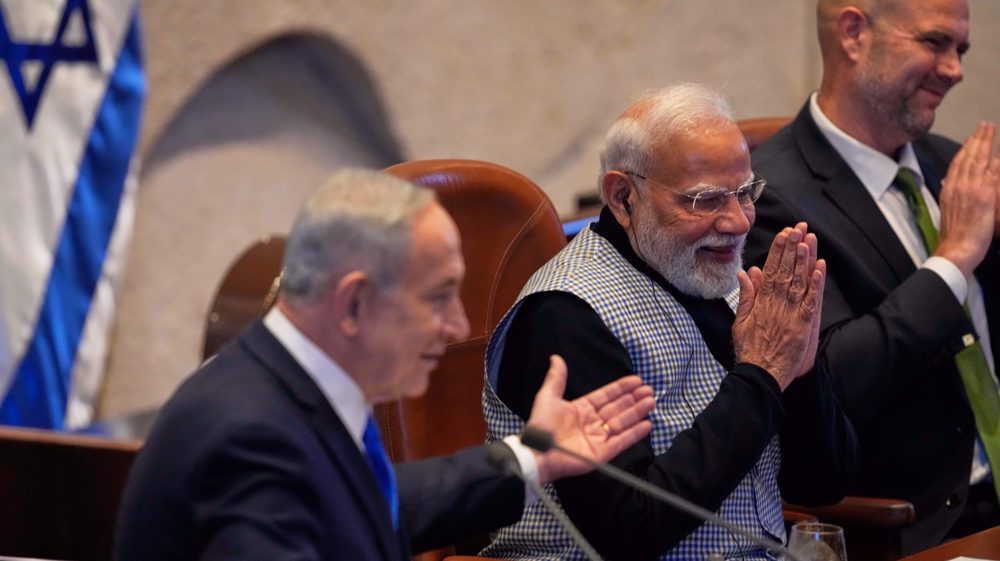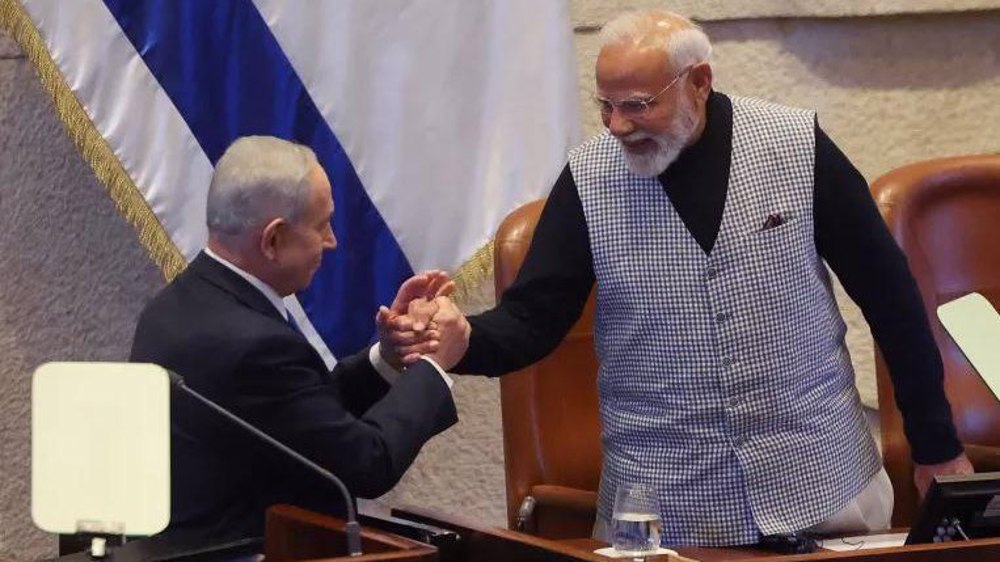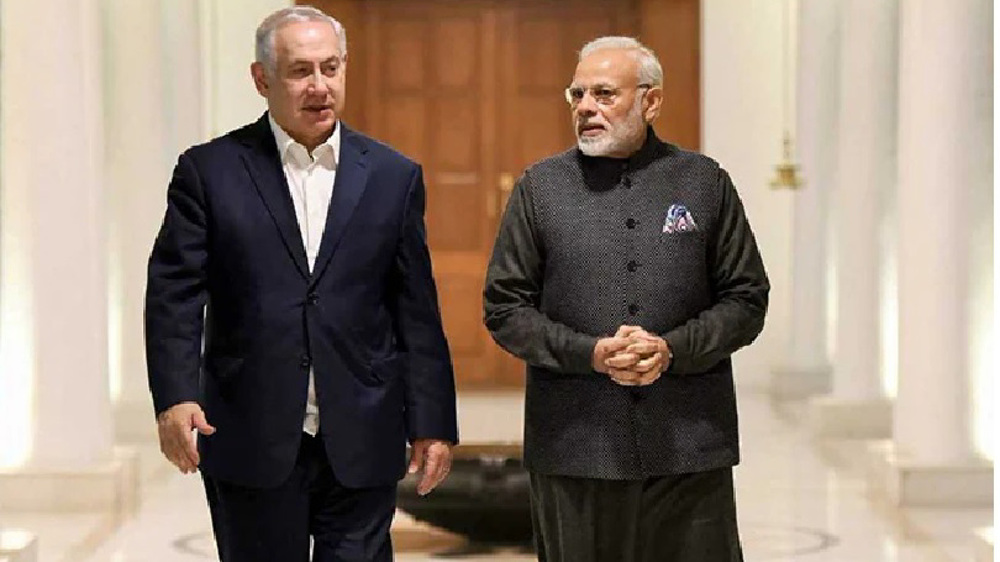Indian govt. offers to suspend new agricultural laws amid protests
The Indian government has offered to suspend the implementation of controversial agricultural reforms that have sparked massive protests across India over the past two months.
Agriculture Minister Narendra Singh Tomar made the offer during talks with farmer unions in the Indian capital, New Delhi, on Wednesday, saying the government was ready to suspend the three new laws for up to 18 months.
He said during that period, the representatives of the government and farmers had to begin discussions to find a lasting resolution to the differences between the two sides on the new laws.
"Today's talks raise hope of resolving all issues about the farmers' protest. The government wants agitation to end. Talks can continue with the unions," Tomar said.
This comes as several rounds of negotiations so far have failed to end the standoff.
The next round of the talks is due on Friday.
Farm leader Dharmendra Malik has said the unions would let the government know if they planned to accept the offer and call off the protests.
However, some farm leaders once again appeared to dismiss the government's latest offer on Thursday.
"It's an effort to quell the farmers' protests and not a sincere move to resolve the issues," Avik Saha, the organizing secretary of the All India Kisan Sangharsh Coordination Committee, said. "Keeping the laws in abeyance doesn't achieve the purpose for which farmers are agitating."
The farm groups are meeting later on Thursday to discuss their next course of action.
The farmers have refused to appear before a Supreme Court-appointed committee established last week to hear their grievances, saying their demand for a total repeal of the laws stands.
The Supreme Court has already put a hold on the implementation of the three laws until further orders, and a panel of experts has been formed to break the deadlock.
The protesters have also planned a tractor rally through New Delhi on January 26, at the same time as India's Republic Day celebrations, which the Supreme Court has declined a government petition to ban.
Back in September last year, the government of Prime Minister Narendra Modi passed three laws in a declared attempt to overhaul procurement procedures and grant farmers more options to sell their products.
The farmers, however, say the proposed amendments would create an opportunity for large private companies to enter and exploit the entire agriculture sector.
Thousands of farmers have camped on key national highways for weeks, despite cold weather and the coronavirus pandemic, calling on Modi’s government to revoke the laws.
The newly-passed laws could have a significant impact on consumers globally. India is the leading exporter of Basmati rice and the world's largest milk producer, according to the country's Agricultural & Processed Food Products Export Development Authority. It is also the world's largest producer and exporter of spices.
Iran’s retaliatory attack completely destroys sophisticated US radar system in Qatar
US-Israeli aggression violates UN Charter; Iran will defend homeland: Foreign Ministry
US-Israeli 'regime change' project in Iran 'impossible mission': FM Araghchi
IRGC Navy pounds US MST ship with a volley of missiles after Israeli-US aggression
Iran’s retaliatory attacks will continue uninterruptedly: Senior commander
Saudi Arabia lobbied for UAE sanctions: Trump
IRGC launches missile, drone strikes against Israel in response to US-Israeli aggression
IRGC pounds US bases across West Asia in self-defense following US, Israeli aggression












 This makes it easy to access the Press TV website
This makes it easy to access the Press TV website